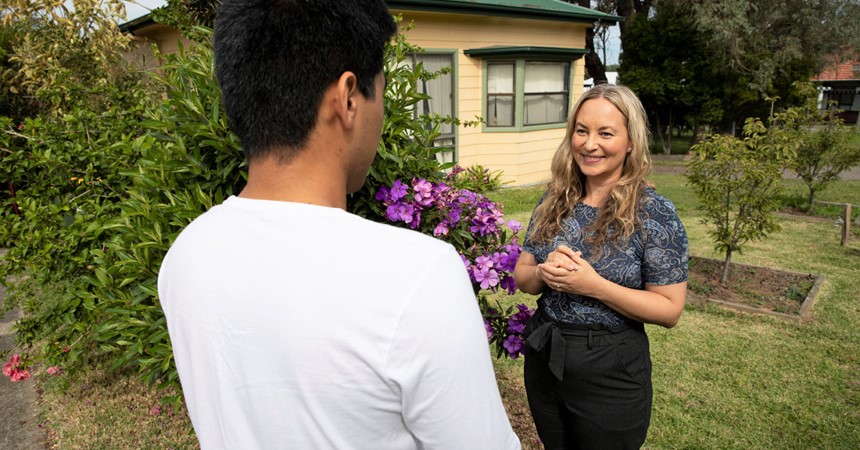Fifty per cent of victims are in labour slavery; 37.5 per cent in forced marriage slavery; and 12.5 per cent in sex slavery. To break those numbers down even further: 71 per cent of slavery victims today are women and girls; 29 per cent of slavery victims today are men and boys; and 25 per cent of slaves today are children under the age of 18.
Slavery is the result of vulnerability. The poor, the uneducated, and the marginalised are exploited and coerced to work for little or no pay. Under threat of violence, they cannot walk away. The term “modern slavery” has come into vogue — an umbrella term for human trafficking and slavery-like practices such as servitude, forced labour and forced marriage.
Whether they were destined for slavery or not, the world was aghast at the people-smuggling effort gone wrong in Britain last October when 39 bodies were found in a refrigerated lorry in Essex. Yet a few weeks later, in November last year, the Canberra Times ran a story about a terrified Filipino massage therapist working in the nation’s capital turning up on the doorstep of United Voice.
The subsequent court case was told the owner of the Belconnen massage parlour allegedly threatened to kill family members of his employees in The Philippines if they told authorities about their working conditions. She is one of the estimated 15,000 people currently experiencing modern slavery in Australia.
It’s a typical story, and unfortunately the sex industry in Australia isn’t the only sector that has elements practising modern slavery. The federal Department of Social Services notes human trafficking and slavery can include servitude or forced labour in industries such as hospitality, construction, forestry, mining or agriculture, as well as in intimate relationships. It also includes debt bondage, sexual exploitation, forced marriage, or for the purpose of organ removal.
Australia is primarily a destination country for people trafficked from Asia. But Australia has also become a refuge for those escaping slavery-like practices.
Afghan refugee, 21-year-old Sina* endured trying conditions in a textile factory in Iran. The Islamic Republic of Iran hosts one of the largest and most protracted urban refugee populations in the world — 951,142 Afghan refugees and 28,268 Iraqi refugees.
Sina’s situation was desperate, and he and his family of eight – father, mother, brother and four sisters — registered with the UNHCR. He was informed they would be part of a new settlement plan, but that it might take several years. It ended up taking eight years, and after arriving on 26 June last year the family are now happily settled in Newcastle.
CatholicCare Multicultural Family Support worker Mirja Colding-Moran, whose role involves supporting the Refugee Hub, says Sina has been engaging with the service and is a bright and proactive young man.
Refugee status in Iran had provided hope, but he still had to survive and there were other hurdles to overcome, especially the conditions in the textile factory.
“The Iranian government allowed refugees to be hired in some particular jobs, but my job wasn't on that list,” he said. “So, based on the law, I was working Illegally.” He was in fact, factory fodder.
“There was no insurance, no weekends and no benefit for retirement. But I didn't have any other choice. We were a big family, we needed money. I worked in that factory for two years. The pay depended on our statistics at the end of the day. If it was high, we would get more money, if it was low, we would receive less.
“I graduated from high school in Iran but because of the family’s financial problems I couldn’t continue my studies during the two years working in the textiles factory.
“I just kept working there. I didn't get out of that situation. Day after the day, I was just thinking of coming to Australia. It was my last hope to continue my study and have a better life. Otherwise, I might have ended up working there for the rest of my life.”
Ms Colding-Moran has no doubt Sina will do very well in Australia. He started an Open Foundations course at the University of Newcastle this year, but the on-campus component of the program was suspended after five weeks due to the COVID-19 pandemic.
“I would like to do a bachelor of IT,” he said, “with the aim eventually of a masters in web development or data analysis.”
The Diocese of Maitland-Newcastle is a member of the Australian Catholic Anti-Slavery Network. We will intend to run further articles regarding the diocesan response to modern slavery.
*Didn’t want full name disclosed.






















































































